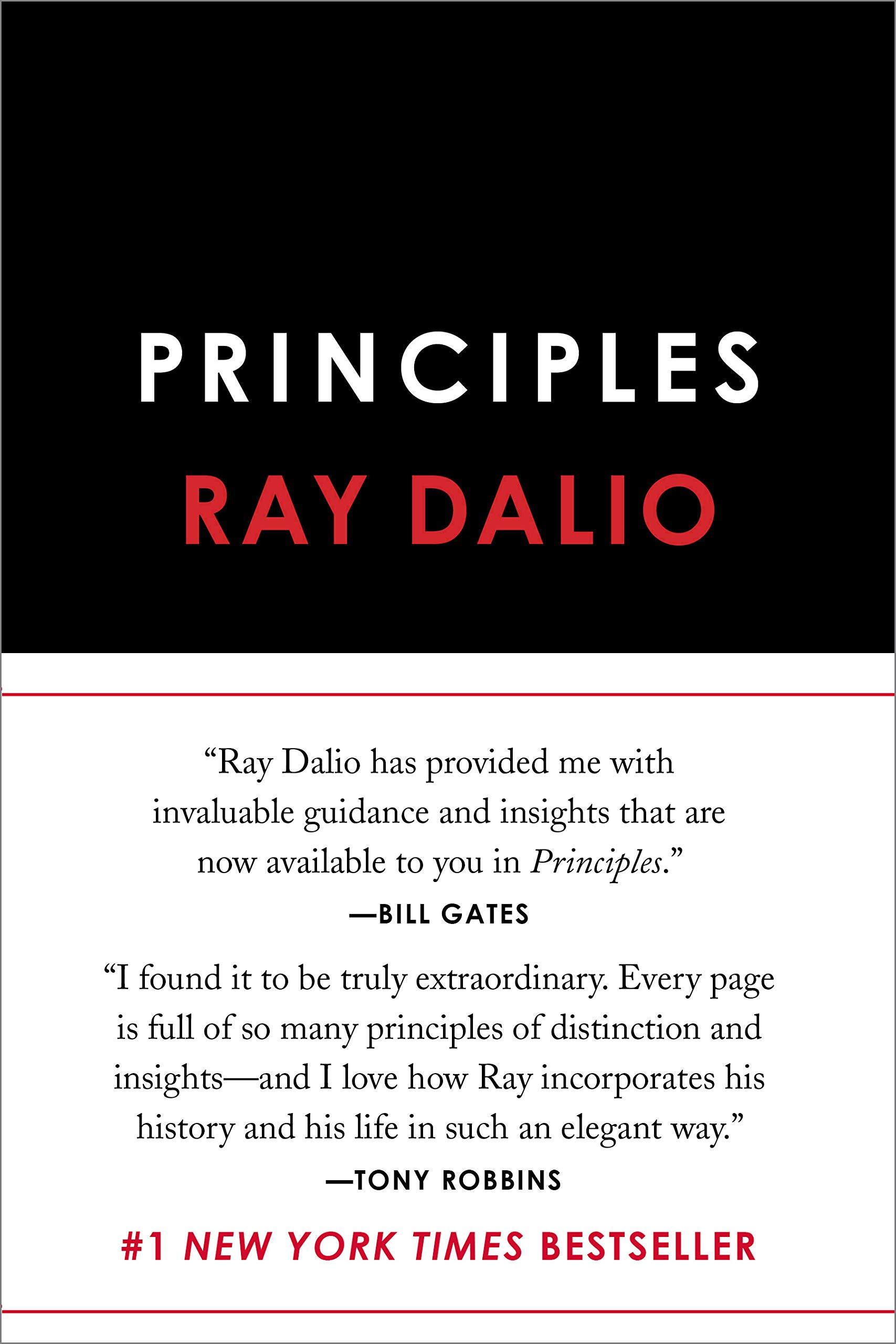Top 6 Director Liabilities After Resignation in Singapore
Resigning from being a company director is easy – just sign a few documents and you’re done. Unfortunately, managing legal liabilities after resignation is much more complex. Legal liabilities incurred while you served as a director do not cease to affect you once you resign – these liabilities will continue to follow you long after you thought you severed corporate ties.
In fact, directors can often be more vulnerable after they resign than when they are still with their company, because active board members at least have access to company indemnification and company resources should they be sued.
Here are the top 6 director’s liabilities after resigning in Singapore:
- Shareholder Claims
Shareholders have a financial stake in the business, so if they feel the business has underperformed and caused them financial damages, they can sue the Board and company officers for mismanagement. These lawsuits may allege that mismanagement stretched over a period of time. If you happen to have served as a director in a period identified in the lawsuit, you’ll have to defend your conduct as a director in court.
Shareholder lawsuits against ex-directors commonly involve:
- Errors or misleading statements in financial reporting
- Breach of fiduciary duty leading to financial losses or bankruptcy
- Mismanagement of company causing poor financial performance
- Mergers & acquisitions
- Decisions exceeding authority given to company officer, which may be linked to poor oversight from directors
See: Pine Capital shareholders sue ex-directors in Singapore for breach of fiduciary duties, conspiracy
See: Goldman Sachs shareholder sues ex-director for criminal conduct
- Employment Claims
In this litigious age, it is increasingly common for employees to file civil suits against company directors for perceived workplace wrongs. When employees sue the company for employment-related issues, it’s not just direct managers or HR staff that get hit with legal claims. Senior management and directors are often named in such lawsuits as well. The more employees you have, the greater the risk of unaddressed workplace issues potentially metastasizing into an angry legal claim.
Ex-directors are usually sued for:
- Wrongful dismissal
- Breach of employment contract
- Employment discrimination (e.g. hiring, promotions)
- Sexual harassment
See: Former WeWork employee sues ex-director Adam Neumann for “virtually destroying” the company
- Customer Claims
Directors can face claims from customers if they fail to properly provide promised services or goods. When clients face financial damage or physical injuries, they can accuse directors of negligence, even if the directors were not the ones personally providing the service or goods.
When clients suffer personal damages significant enough to warrant a lawsuit, they can accuse company directors of all kinds of things. You can be accused of all manner of things, even if you didn’t actually commit the acts being said against you.
Customers file suits against ex-directors for:
- Fraudulent behaviour
- Contract disputes
- Professional negligence
- Misleading promises/claims
See: Director of construction firm sued for breach of contract
- Creditor Claims
Many small businesses will borrow money to improve cash flow and boost growth. However, when a business borrows money, its directors face additional legal obligations to act in the best interests of creditors in addition to shareholders. If company loans are not fully repaid in a timely manner, creditors can launch legal action against directors. Some common disputes involve: claims that company financial statements were misrepresented to obtain the loan; allegations that dividends to shareholders were paid out when creditors were still owed money.
Ex-directors can be sued by creditors for:
- Breach of fiduciary duty to creditors, leading to a loss on assets owed/impairment of ability to repay debt
- Irresponsible or fraudulent accumulation of debt
- Conducting business while insolvent
See: Ex-directors of Singaporean public firm sued by creditors for breaching director’s duties
- Competitor Claims
In Singapore’s competitive business environment, it’s not uncommon for small businesses to be litigated by rival firms. If you’ve made public statements about your competitors, they may take issue with your words and allege that you defamed them. If you operate in an industry with lots of proprietary technology/data or closely-protected trademarks, you may be sued for IP infringement. If you’ve poached employees away from competitors, they may even allege that you hired these employees to steal trade secrets – as Google famously accused Uber of doing for their self-driving car unit.
Competitors commonly sue ex-directors for:
- Defamation/slander
- Infringement of Intellectual Property
- Theft of trade secrets
- Collusion & other anti-competitive behaviour
See: Zillow sues Compass for IP infringement, hiring employees who stole trade secrets
- Regulator Claims
Singapore’s comprehensive regulatory regime ensures companies run their operations in a responsible fashion. However, with so many statutes to comply with, there’s a good chance that company directors may inadvertently breach regulations as they discharge their duties. Legal liabilities from breaching regulations can follow directors long after they’ve stopped holding office, surprising directors with painful penalties. This is especially true for businesses operating in tightly-monitored industries (e.g. financial services, law, and healthcare).
A construction company in Singapore, Genocean Pte Ltd, and their directors were fined $257,000 for converting private residences into worker dormitories, and for housing workers in overcrowded conditions. Although there were no ex-directors involved in this particular instance, this case is a perfect example of how directors who resign can still be held accountable by the courts. If you had served as a director with Genocean while these activities were being carried out, and later resigned, you would still be held accountable the illegal activities carried out by Genocean’s other directors. Maybe you didn’t know management was converting the residences. You can still be liable for breach of care. Maybe you knew it was going on, but you’re friends with the other directors and you felt pressured to just go along with it. In any case, because you served a director while these unlawful activities were carried out, regulators can still hold you liable long after you’ve resigned. Also, shareholders can sue you for mismanaging the company and causing them financial damages.
Regulators can file lawsuits or fine Directors for:
- Breaching industry regulations
- Professional negligence that results in loss or injury to third-parties
- Engaging in deceptive marketing
- Causing pollution
- Any other unlawful conduct
See: Ex-company director in Singapore charged with cheating investors out of $3 million
How should directors looking to resign protect themselves from personal liabilities?
If you plan to resign from your directorship, there’s a few steps you can take to protect yourself from becoming the target of legal action:
- Implement good corporate governance practices (URL) while you serve as a director. Having strong corporate governance will minimise the chances of unethical or unlawful actions creating liability for directors.
- Have a well-drafted indemnification agreement between the company and you before you resign. An indemnification agreement is a document that limits the legal exposure of directors after they leave the company.
- Have a D&O policy that features protection for resigned directors. A comprehensive D&O policy, like the ones Provide offers, will pay for lawyer’s fees and damages if directors get sued. This protection lasts for between 5-7 years after they resign.
Where should directors looking to resign purchase a D&O policy?
Provide is the best place for to purchase a D&O policy online. Get covered in 60 seconds. You’ll save up to 25% on your premiums – our online platform creates low overheads, so we pass every dollar saved back to you.





















